 September 14th, 2018
September 14th, 2018
If you are an owner of a failing or closed business and have incurred significant debts that you are now unable to repay you should be aware of an exception to the income eligibility rules for filing bankruptcy. Many business owners take out commercial or business loans to purchase vehicles, equipment, obtain inventory and supplies, or pay day to day office expenses. These debts are treated differently than consumer debts when determining your eligibility for filing bankruptcy. You may be able to discharge or terminate your obligation to repay such business debts without making any payments.
When you file for bankruptcy you are permitted to retain property required for everyday living. A reasonable home, furnishings, vehicle(s), clothing, retirement savings and other items are not subject to sale under this process. If you have property that is not fully exempt due to its value, you may need to repay a portion of the value to your creditors in order to keep the asset.
The vast majority of individuals file either a Chapter 7 bankruptcy or Chapter 13 bankruptcy. If you file a Chapter 13 bankruptcy case you must submit a repayment plan based on your available income after paying living expenses and debts including mortgages, car payments, student loans, back taxes, and other similar obligations. A Chapter 7 bankruptcy case does not involve a long-term repayment plan. When you file a Chapter 7 bankruptcy your unsecured and secured debt with some exceptions is discharged or terminated, and your secured creditors may only collect against collateral. There is no repayment plan based on your income.
To file a Chapter 7 bankruptcy, you must pass a means test demonstrating you do not earn enough income after consideration of specific monthly expenses to repay your debts. If your household income is below your state’s median household income over the past six months you typically pass this test. If you make more than your state’s median income, expenses such as housing, automobiles, utilities, student loans, tax payments, alimony or spousal support, child support, child care, health care, and other essentials are considered to determine if you have disposable income available to pay back your creditors.
In the Commonwealth of Massachusetts, the median household income standards as of April 30, 2018, are as follows:
1 Member – $62,660
2 Member – $80,180
3 Member – $98,758
4 Member – $123,864
If your annual household income is below the standard, you are likely eligible for a Chapter 7 bankruptcy that will not require a repayment plan. If your income is greater, you may still be eligible for a Chapter 7 bankruptcy after consideration of your monthly expenses.
If you have available income each month to repay creditors, you may need to file a Chapter 13 bankruptcy. This is typically called a “repayment” bankruptcy. You submit a proposed repayment plan to repay all or some of your debts over a period of three or five years. Plans are based on income, and the amount and types of debts. There are benefits to a Chapter 13 bankruptcy as repayment plans allow for the payment of back taxes and past due mortgages or car payments to avoid foreclosure or repossession.
There is an exception to the rule requiring a means test if your debts are primarily related to a business. The means test only applies when the majority of debts are consumer debts. The Bankruptcy Code defines consumer debt as “debt incurred by an individual primarily for a personal, family, or household purpose.” See 11 U.S.C. § 101(8). If your debts are primarily commercial in nature, you may be exempt from the means test referenced above. If some of the business debt could potentially be identified as consumer debt, a debtor will need to be able to show evidence that the obligation was incurred for commercial purposes. The courts, the Justice Department, and trustees look closely at debts classified as business or non-consumer debt. If you have a business loan from a bank or an auto loan on a commercial vehicle this may be obvious. If you have incurred credit card debt on behalf of the business, this may require further review.
If you are struggling as a result of debts associated with your business, you may be able to discharge or terminate these debts without a repayment plan. If you are considering filing for bankruptcy in Massachusetts and wish to speak to an experienced bankruptcy attorney, please contact my office to schedule a consultation.
WARNING: THIS POST IS AN ADVERTISEMENT FOR GELLER BENJAMIN, LLP. THE INFORMATION CONTAINED HEREIN DOES NOT CREATE AN ATTORNEY CLIENT RELATIONSHIP AND SHOULD NOT BE RELIED ON AS FORMAL LEGAL ADVICE.
DEBT RELIEF AGENCY – GELLER BENJAMIN, LLP IS A FEDERALLY RECOGNIZED DEBT RELIEF AGENCY THAT OFFERS LEGAL REPRESENTATION UNDER THE UNITED STATES BANKRUPTCY CODE.
Our team is ready to help you. Contact us for your consultation today. Send us a message on our contact form.
Our Team is Ready To Help You.
Family law covers a substantial amount of ground and can be uniquely challenging for someone unfamiliar with its nuances. Without guidance from a hardworking legal representative, you might have trouble adopting a child, navigating a divorce proceeding, drafting a marital agreement, or dividing assets between you and your partner.
Before trying to represent yourself during any family court case or hearing, you should speak with a Boston family lawyer about how they could help. Call today to schedule a consultation.
Geller Benjamin LLP





